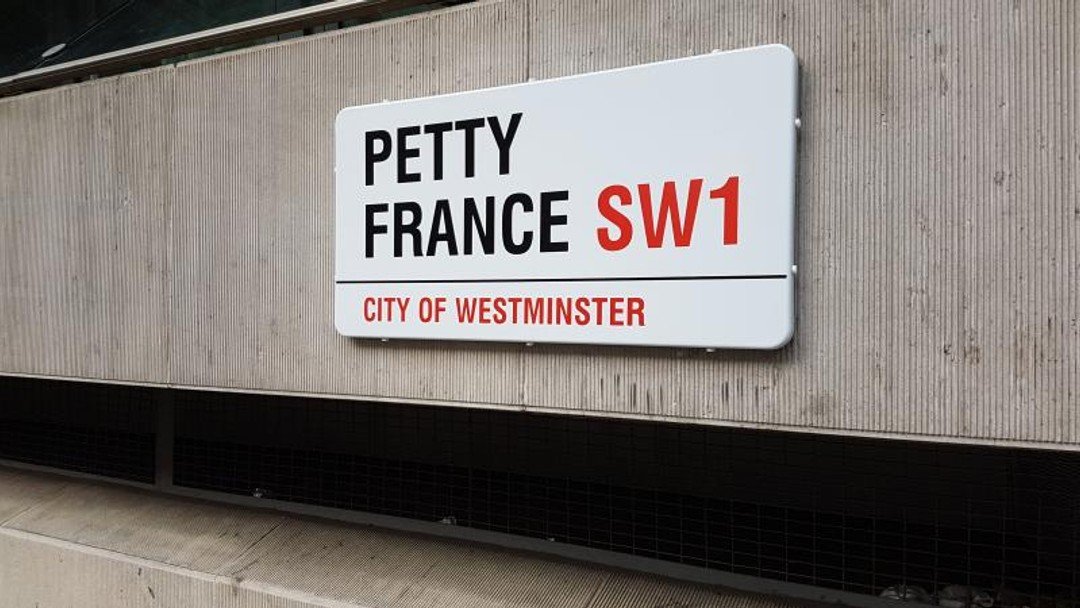Back to the good old days

By
Brexit is the opportunity to reshape the government and do away with the Ministry of Justice, writes Blair Gibbs
The Home Office existed when Solicitors Journal was launched, and alas will now outlive it. But what if the Ministry of Justice was to follow this publication into history? Brexit provides an opportunity to reshape Whitehall, and with it the departments and agencies that are failing.
Mandarins call this an MOG change – short for ‘machinery of government’ – and too many in recent years have been deck-chair exercises dictated by the size of the cabinet table or the politics of a reshuffle. Some have made sense, but the MOG change that still looks deeply flawed is the one that created the MoJ.
As a former employee of that department I have fond memories of the officials I worked with and of the HQ in Petty France, but I came to realise that the people and the building could not make up for the MoJ’s existential weakness – obvious from day one and still a major handicap.
As an entity, the continental-style MoJ is alien to the British tradition of locally managed courts and a fiercely independent judiciary, themselves set apart historically from the Home Office. And the Blair government created the MoJ largely as a solution to another problem – to take the pressure off the Home Office. Hiving off the ‘corrections’ end of that department’s responsibilities and lumping them together with the judicial functions of the defunct Lord Chancellor’s department, plus some extra constitutional loose ends, was always an odd marriage. Not only did it create an incoherent department, but also one that no longer had the operational focus, policy reach, or funding levers to achieve the big outcomes of less crime and less reoffending that governments wanted.
The department is unbalanced because the secretary of state wears two hats, and yet the Lord Chancellor function is small in comparison to the budgetary and policy responsibility for prisons. Even if they were not in crisis, the prisons and probation systems would absorb the lion’s share of the budget and most of the diary time and attention of ministers and senior officials. Legal aid, family law, and tribunals were always lower priority. This has led to policy neglect in some critical areas like family law.
When it was created, the remnants of the old Department for Constitutional Affairs struggled to accommodate the staff and culture of the huge National Offender Management Service. The NOMS setup was flawed but the model at least made sense as part of a department responsible for crime reduction (which is not a judicial function, or an outcome that the courts service is that bothered about). And once you split that mission across two departments and two cabinet ministers, you misalign incentives and break the links that make for effective policy.
Decisions about law enforcement priorities and funding upstream and changes to police practice and criminal law downstream could no longer be taken holistically. This left the MoJ picking up most of the cost of offending, without any levers to reduce demand sensibly. It therefore became fixated on policy for what it thought it could influence – reoffending – and on legislation (which it was always reaching for to fix every problem), and never built up true operational expertise.
As a result, some of the worst policy failures of recent years have emerged from Petty France – the botched tagging contracts, the flawed tendering for legal aid, the imposition of disastrous new levies like the criminal courts charge, the muddled and rushed outsourcing of probation services, and on and on. And that is before factoring in the mismanagement of the prisons.
The two departments now seem as incapable of working together as they ever were. So here is a change Theresa May’s team should consider – a restoration not a revolution.
Do away with the MoJ and the confused hybrid role of the justice secretary and reconstitute the old Lord Chancellor’s department, in charge of courts; then repatriate prisons and probation to the Home Office. To keep that empire from becoming unwieldy the best reform now would also create a separate department for Immigration and Citizenship – like in Australia or Canada – which makes more sense in a post-Brexit world.
Lawyers and judges would be happy to have their own department back, to be led by a lawyer, and officials would benefit from crime reduction policy residing in one department again. Home Office civil servants could breathe a sigh of relief to be rid of borders and immigration.
This might sound like superficial rebranding, but consider this: I met prison governors in 2015 who seemed not to realise that they no longer reported to the Home Office. What does that tell you about the impression the MoJ has left on the people that keep the system running, let alone the impact its creation has had on the ground? Even with some nostalgia forthe way government used to be organised, I wonder whether – unlike this publication – the ministry would really be missed.
Blair Gibbs was senior policy adviser to former Lord Chancellor Michael Gove MP